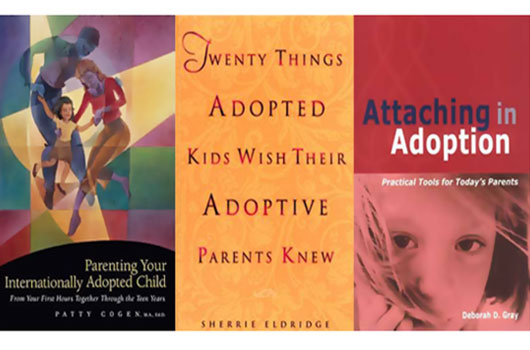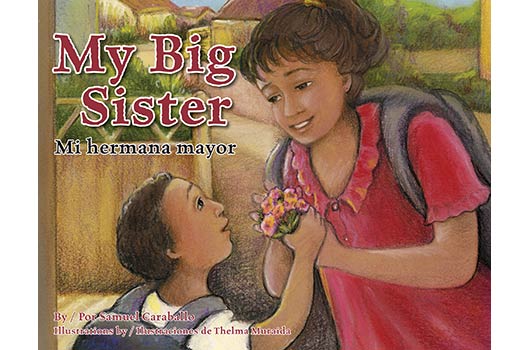
Think your kid might be gifted? Yeah? Really? Well, I got news for you, toots! If your child is Latino, chances are his or her teachers and doctors won’t see what you see. In fact, those folks will probably think your kid has behavior “problems.” But if your child is white or Asian, those same people will likely see brilliance—even when it’s not there. Disturbingly, statistics and studies show that among those responsible for identifying giftedness in children in the United States, far too many still fail to realize that certain types of kids can be smart.
Even though science tells us that giftedness occurs at precisely the same rate across every population on the planet, non-Hispanic whites and Asians still vastly outnumber blacks and Latinos in gifted programs in schools in the United States, with the former two groups being routinely over-diagnosed as gifted and the latter two being horribly under-diagnosed.
Non-Hispanic whites account for 81.4% of all students identified as gifted in the United States, even though they only make up 71.2% of the student population, according to the U.S. Department of Education. Asians, who make up only 2.5% of the population, account for 5 percent of all identified gifted kids. While blacks make up 16.2% of the student population, they comprise only 8.4% of the identified gifted kids. Latinos, 9.1.% of the student population, account for an abysmal 4.7% of identified gifted students. These same statistics are also cited in a scholarly journal article titled Identification of Gifted Minority Students: A National Problem, Needed Changes and a Promising Solution by June C. Maker. In one striking example, Maker notes that in Arizona, only 0.14 percent of gifted and talented students come from linguistic minority backgrounds.
Why is this happening? Well, it ain’t cuz we don’t be smart and stuff, sabes. Rather, it is because identical behaviors performed by different types of children are routinely perceived differently by teachers, doctors and administrators conditioned by social stereotypes, according to psychologist and author James T. Webb, ranked as one of the top 25 experts on gifted kids in the nation.
“Unfortunately, it’s latent and overt prejudice, pure and simple,” says Webb.
For example, a non-Latino white kid who speaks early will likely be identified as exhibiting a typical gifted trait, whereas a black or Latino kid who does the exact same is more likely to be seen as exhibiting symptoms of a disorder such as autism. Questioning authority, which is a typical gifted trait, will be tolerated and encouraged in white boys, for instance, but seen as “defiant” or “aggressive” in boys of color, and “rude” in girls.
I am very familiar with such prejudice, as it has taken place through three generations of my own family.
My father, arriving from Cuba to the United States at the age of 15, was placed in the 4th grade simply because he couldn’t speak English. He went on to learn the language well enough to have earned a PhD in it by the time he was 26.
When I was in 5th grade, my teacher was asked to send the smartest kids to test for gifted; she sent only non-Latino white boys. I protested and demanded to also be sent, and ended up getting the highest score in the history of the school at that time.
My son, now 10, was thought by his preschool teachers to be “autistic” because he spoke early, taught himself to read at the age of three, was introverted and had little interest in socializing with his age-peers. When I took him to the President of the Pediatric Neuropsychology board for a second opinion, the verdict was clear. Dr. Paul Beljan told me he’d stake his license on the following statement: “Your son is not autistic, he’s smart.”
So what can a smartypants mami of an Einsteincito do?
First, know what giftedness looks like.
Gifted kids often pass their developmental milestones early, including learning to talk and read ahead of schedule. They question everything, are very curious, tend to be introverted, have long attention spans, insatiable curiosity, and intense areas of interest. They often have great memories, see relationships and patterns that aren’t obvious to others, and have a quirky sense of humor. Many times, they are seen as different and don’t fit in with their peers. For a more comprehensive list of gifted traits, see Characteristics and Behaviors of the Gifted.
Second, get used to being your gifted child’s ferocious advocate, and don’t back down.
This might be easier said than done, as many of us are conditioned to be accommodating and polite, even when we disagree. Throw “nice” out the window, nena. Your primary goal as a mother should not be to make nice with your kid’s teachers and doctors – it is to represent your child’s best interests. En punto. Be strong. If you can’t be strong, fake it.
Child psychologist Edward Amend, who specializes in gifted kids, has written extensively about the recent epidemic in the United States of gifted kids in general being misdiagnosed with disorders ranging from OCD to Asperger’s, as our educational culture becomes less tolerant of individuality. Among gifted Latino and Black kids, the epidemic is even more pronounced. The long-term damage caused by misdiagnosing a gifted kid with a serious disorder is enormous.
Basically, your child cannot afford for you not to be a bulldog on her or his behalf.
Third, do not automatically assume that your child’s doctor, teacher, or counselor knows more than you do.
Trust your instincts. You know your kid better than anyone else. Cynically, keep in mind that school districts get federal dollars for, say, a diagnosis of autism that they would not get for a diagnosis of giftedness.
Finally, remember that the price of not identifying your gifted child can be very high indeed.
Gifted children who reach middle or high school without adequate services are at much increased risk for dropping out, substance abuse, and other self-destructive behaviors.












